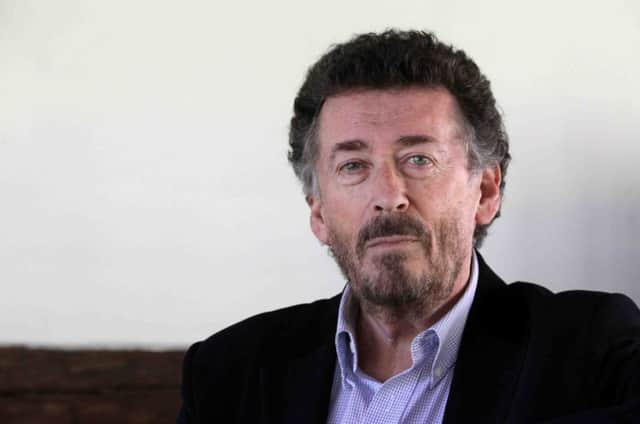Review: Robert Powell in Just So at Buxton Opera House


Kipling’s first years were spent in India, to which he returned as a journalist having established his literary credentials at school. He travelled widely as a journalist, lived in Singapore, married and lived in Vermont, and later in England.
Early experiences coloured his imagination and formed his character. India, the sights, smells, colours, stories and characters he met were his foundation. These first idyllic childhood years were followed by traumatic experiences when, aged 6 he was sent to school in England and unfortunately lodged with an evangelical and sadistic woman and son, his only escape being reading and yearly visits to a well-loved aunt. He didn’t see his parents again for 5 years. This experience of tyranny, he said, led to habits of wariness and caution, and also acute powers of observation, this last the skill that all those who suffer under tyranny must develop to predict their oppressors’ actions and so protect themselves. These strands found expression in works such as his well-loved ‘Jungle Books’, ‘Kim’, and ‘Barrack-room Ballards’.
Advertisement
Hide AdAdvertisement
Hide AdWe learned about his commitment to seeing the best in people, his empathy for the common man, especially ‘Tommy Atkins’ the foot soldier, his enthusiasm for the war against the demonised enemy of WW1, the loss of his beloved son in France in 1915, and his later cynicism as he looked back. After that war he was active in the War Graves Commission. The tomb of the Unknown Soldier in Westminster Abbey was his idea. In his later years he developed an enormous pride in English history and heritage, part-inspired from the setting of his home, Batemans, a 17th century house in East Sussex and expressed in ‘Puck of Pooks Hill’..
The readings were accompanied with music from Philip Mountford (piano) and Clive Conway (flute), these giving us interludes in which to think about the readings we’d heard, rather as the chapter headings in Kipling’s stories start with a poem.
‘Just So’? These stories were written as bedtime stories for his young daughter, and as any parent knows, well-loved and oft-repeated bedtime stories have to be re-told exactly the same each time, just so.